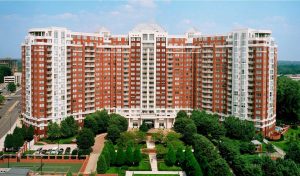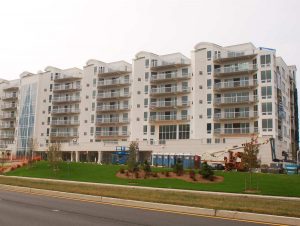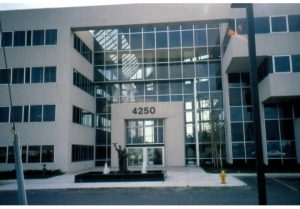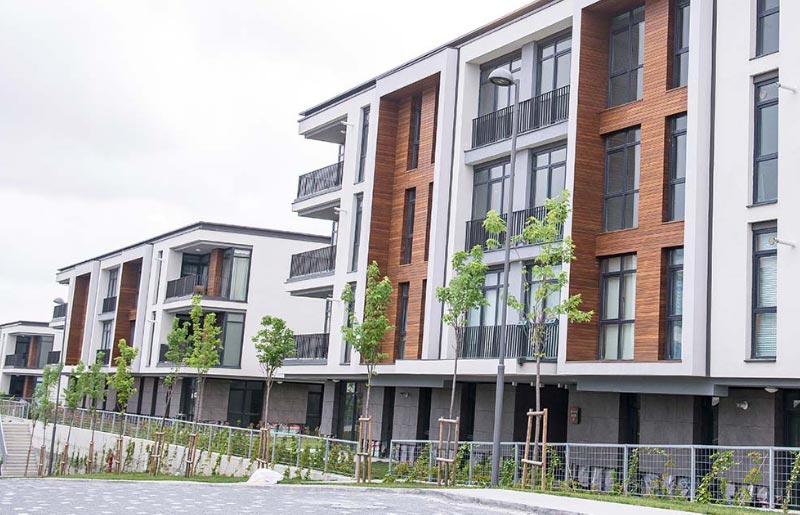
Contact Vescom
Composite Joist Structural Floor Systems Arkansas
Vescom’s composite joist construction floor system offers stronger and shallower floors at a fraction of the cost of traditional steel floor framing methods.
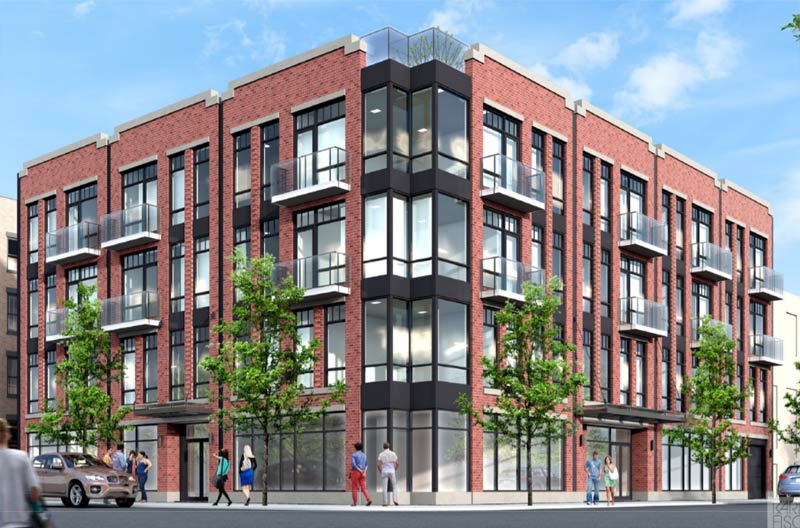
Vescom International is a steel joist and structural floor system manufacturer. The Vescom Joist Structural Floor System can be used all types of multi-story residential, multi-residential, institutional, healthcare, and commercial constructions and buildings. Vescom Joists can be used to construct structures up to 19 stories and are ideal for:
- Multi-residential constructions
- Apartment Buildings
- Condominiums
- Student Housing
- Hotel and Resorts
- Senior Living and Nursing Homes
- Medical Facilities
- Office Buildings
- And Many Other Structures
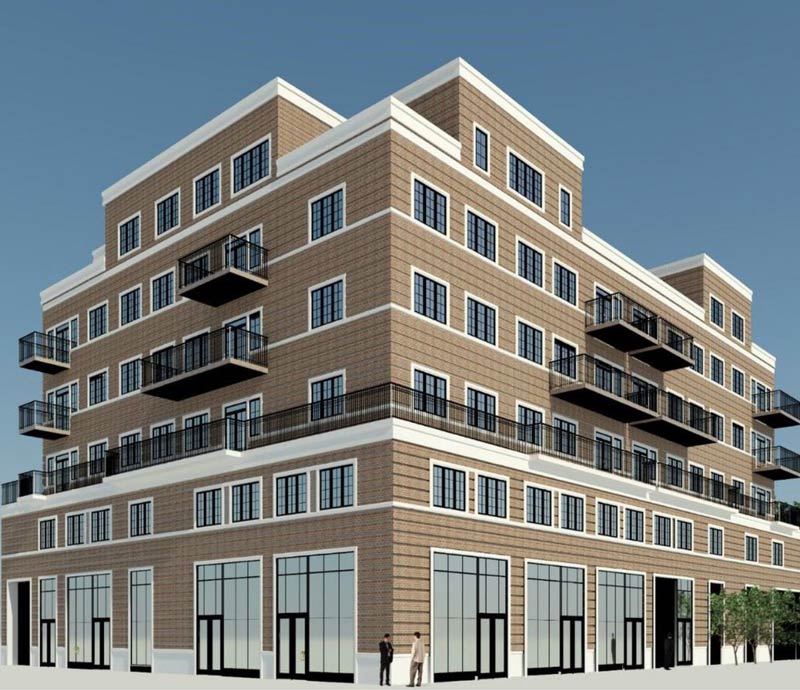
Composite Floor Joists in Arkansas, AR
Vescom International manufactures the following composite joist flooring solutions and delivers them to Arkansas, AR:
- Composite joists
- Composite floor joists
- Steel floor framing
- Concrete joist system
- Concrete joist support
- Steel flooring system
- Structural flooring
- Structural floor system
- Joist slab
- Structural floor systems
- Light gage steel framing
- Steel floor joists residential
- Composite building
- Structural floor
- Composite floor systems
- Steel floor system
- Composite concrete flooring
- Steel frame flooring
- Steel flooring systems
- Floor joist system
- Concrete floor joist
- Suspended floor systems
- Concrete floor joists
- Steel roof decks
- Metal deck
- Roof decking
- Steel deck
- Joist girder
- Steel girder truss
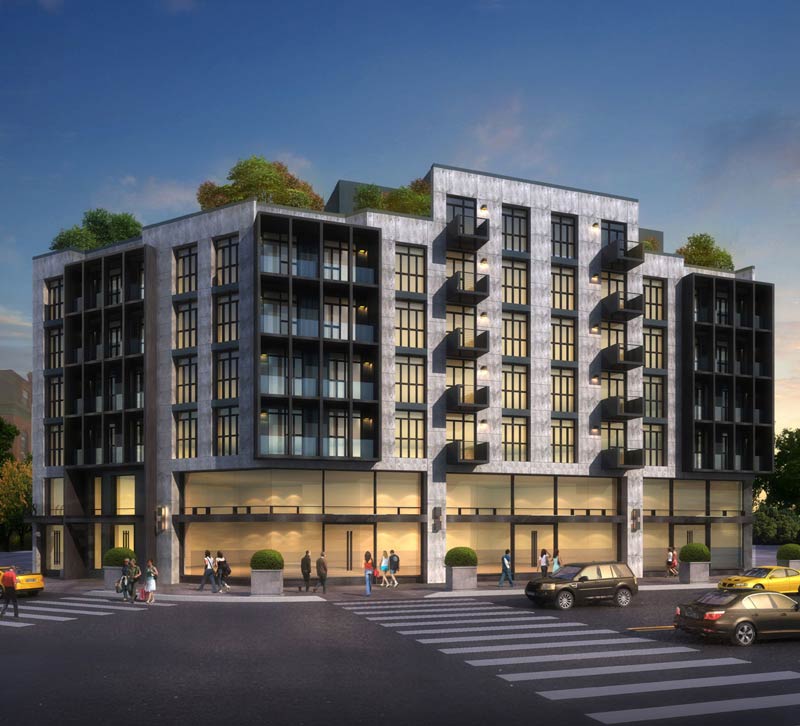
Multi-Residential Construction in Arkansas:
If you are searching for a company to provide any of the following in Arkansas, AR, kindly consider sending your drawings to our team at Vescom. We will provide you with a quote using our composite joist system that could save you significantly on your construction costs.
- Metal deckings
- Composite deck
- Floor systems
- Rated floor
- Cold form steel
- I-span
- Steel components
- Wood joists
- Floor structure
- Steel beams
- Steel trusses
- Floor joist
- Ceiling joist
- Decking joists
- Floor trusses
- Steel joist
- Bar Joist
- Steel deck
Vescom recommends these organizations, their content and material for information about the composite joist industry and technology:
If you are searching for a company to provide any of the following, kindly consider sending your drawings to our team at Vescom. We will provide you with a quote using our composite joist system that could save you significantly on your construction costs.
Frequently Asked Questions
Q: What is a composite joist?
- A: A composite joist, also known as a composite steel joist, is a type of structural member used in construction to support floors and roofs. It is made by combining two or more materials, usually steel and concrete, to create a stronger and more efficient joist.
Composite joists typically consist of a steel top chord, a steel bottom chord, and a concrete slab sandwiched between them. The steel chords provide tensile strength and rigidity, while the concrete slab provides compression strength and mass. The combination of these materials results in a lightweight and durable joist that can span long distances and support heavy loads.
Composite joists are commonly used in commercial and industrial buildings, as well as in multi-story residential buildings. They offer several advantages over traditional joists, including increased strength, stiffness, and fire resistance, as well as improved acoustic and thermal performance.
Q: What is structural flooring?
- A: Structural flooring refers to a type of flooring system that is designed to provide both a walking surface and structural support for a building or structure. Unlike non-structural flooring, such as carpet, vinyl, or tile, structural flooring is capable of bearing heavy loads and transferring them to the building's foundation or support structure.
Structural flooring is commonly used in commercial and industrial buildings, such as warehouses, factories, and distribution centers, as well as in multi-story residential buildings. It is also used in bridge construction, where it serves as both a roadway and a structural element.
There are several types of structural flooring systems, including concrete slabs, precast concrete planks, steel decking, and composite joists. The choice of flooring system will depend on a variety of factors, including the building's design, the required load-bearing capacity, and the desired aesthetic appearance.
Overall, structural flooring plays a critical role in the overall strength and stability of a building or structure, and it is an essential component of any construction project that requires durable and reliable support.
Q: What are steel trusses?
- A: Steel trusses are a type of structural element commonly used in the construction of buildings, bridges, and other structures. They are typically made from steel beams arranged in a triangular pattern, with each beam forming one side of the triangle.
The triangular shape of steel trusses provides excellent strength and stability, allowing them to span long distances and support heavy loads without the need for intermediate columns or supports. This makes them ideal for use in large, open buildings and structures, such as warehouses, factories, and sports arenas.
Steel trusses can be manufactured in a variety of shapes and sizes, depending on the specific needs of the project. They can be straight or curved, and may be designed to have a single or multiple web configurations. Additionally, they can be bolted, welded, or riveted together to form larger assemblies, depending on the required load capacity and structural performance.
Overall, steel trusses are a versatile and durable structural element that offer many advantages in terms of strength, stability, and ease of construction. They are commonly used in a wide range of applications and are an essential component of many modern construction projects.
Vescom International provides exceptional structural performance, unmatched in the marketplace, for multi-level construction in the following states in The United States of America:
Alabama, AL – Alaska, AK – Arizona, AZ – Arkansas, AR – California, CA – Colorado, CO – Connecticut, CT – Delaware, DE – Florida, FL – Georgia, GA – Hawaii, HI – Idaho, ID – Illinois, IL – Indiana, IN – Iowa, IA – Kansas, KS – Kentucky, KY – Louisiana, LA – Maine, ME – Maryland, MD – Massachusetts, MA – Michigan, MI – Minnesota, MN – Mississippi, MS – Missouri, MO – Montana, MT – Nebraska, NE – Nevada, NV – New Hampshire, NH – New Jersey, NJ – New Mexico, NM – New York, NY – North Carolina, NC – North Dakota, ND – Ohio, OH – Oklahoma, OK – Oregon, OR – Pennsylvania, PA – Rhode Island, RI – South Carolina, SC – South Dakota, SD – Tennessee, TN – Texas, TX – Utah, UT – Vermont, VT – Virginia, VA – Washington, WA – West Virginia, WV – Wisconsin, WI – Wyoming, WY
VESCOM News:
A Revolution in Structure
Explore our website to see how Vescom is revolutionizing the construction industry.
Vescom Typical Details
To assist in the work of specifying professionals, we have developed typical Vescom details for their use. These details...
Fun Facts About Arkansas
- Capital: Little Rock
- Year Founded: 1836
- Major Cities: Little Rock, Fort Smith, Fayetteville, Springdale, Jonesboro
- Borders: Louisiana, Texas, Oklahoma, Missouri, Mississippi, and Tennessee
- Gross Domestic Product (GDP) Millions USD: $109,557
- Population: 2,673,400
- Land Area (Sq Miles): 53,104
- High Point (Feet): 2,753
- Other Facts: “Key Industries: Agriculture including poultry, soybeans, cattle, rice, cotton, and hogs; Food processing, metal products, machinery, natural gas mining, and paper products; How Arkansas got its name: The name Arkansas comes from the Native American Quapaw word akakaze which means land of the downriver people.; Arkansas State Symbols: State Nickname: Natural State; State Slogan: The Natural State; State Motto: Regnat Populus (The people rule); State flower: Apple blossom; State Bird: Mockingbird aka Northern Mockingbird; State Fish: none; State Tree: Pine Tree; State Mammal: White-tailed deer; State Foods: Tomato, Milk; Becoming a State: Date Admitted: Wednesday, June 15, 1836; Number Admitted: 25; Prior Name: Arkansas Territory; Postal Abbreviation: AR; The Geography of Arkansas: Total Size: 52,068 sq. Miles (source: 2003 Census); Geographical Low Point: Ouachita River at 55 feet, located in the county/subdivision of Ashley-Union (source: U.S. Geological Survey); Geographical High Point: Magazine Mtn. at 2,753 feet, located in the county/subdivision of Logan (source: U.S. Geological Survey); Central Point: Located in Pulaski County approx. 12 miles northwest of Little Rock (source: U.S. Geological Survey); Counties: 75 (source: National Association of Counties); Bodies of Water: Mississippi River, Arkansas River, White River, St. Francis River, Bull Shoals Lake, Lake Ouachita, Millwood Lake, Lake Conway; Famous People: Kris Allen – Winner of American Idol singing contest; Maya Angelou – Famous poet; Helen Gurley Brown – Publisher and editor; Bear Bryant – College football coach; Johnny Cash – Singer and songwriter;-Bill Clinton- President of the United States who was once governor of Arkansas; Jerry Jones – Owner of the Dallas Cowboys; Douglas MacArthur – U.S. General during World War II; Scottie Pippen – Professional basketball player for the Chicago Bulls; More Fun Facts: The state flag has 25 stars on it to symbolize Arkansas becoming the 25th state.; Arkansas is the only US State that produces diamonds.; The state is known for its beautiful lakes, rivers, and hot springs. It has over 600,000 acres of lakes.; The Arkansas state musical instrument is the fiddle.; The state ranks number 1 in rice and poultry production.; The headquarters of Wal-Mart is in Bentonville. It was founded by Sam Walton.; It is pronounced ‘Arkansaw’. It is against the law to say it wrong.; President Bill Clinton was born in Hope, Arkansas. Other Famous Peoplefrom Arkansas include General Douglas MacArthur, author John Grisham, singer Johnny Cash, and football coach Paul Bear Bryant.; In 1985, milk was made the state beverage.;Professional Sports Teams: Arkansas has no major Professional Sports Teams.” Citation: Nelson, Ken. “United States Geography for Kids: Arkansas .” Ducksters, Technological Solutions, Inc. (TSI), https://www.ducksters.com/geography/state.php?State=Arkansas
- Page ID: Arkansas_United_States_4
- Set ID: United_States_State

